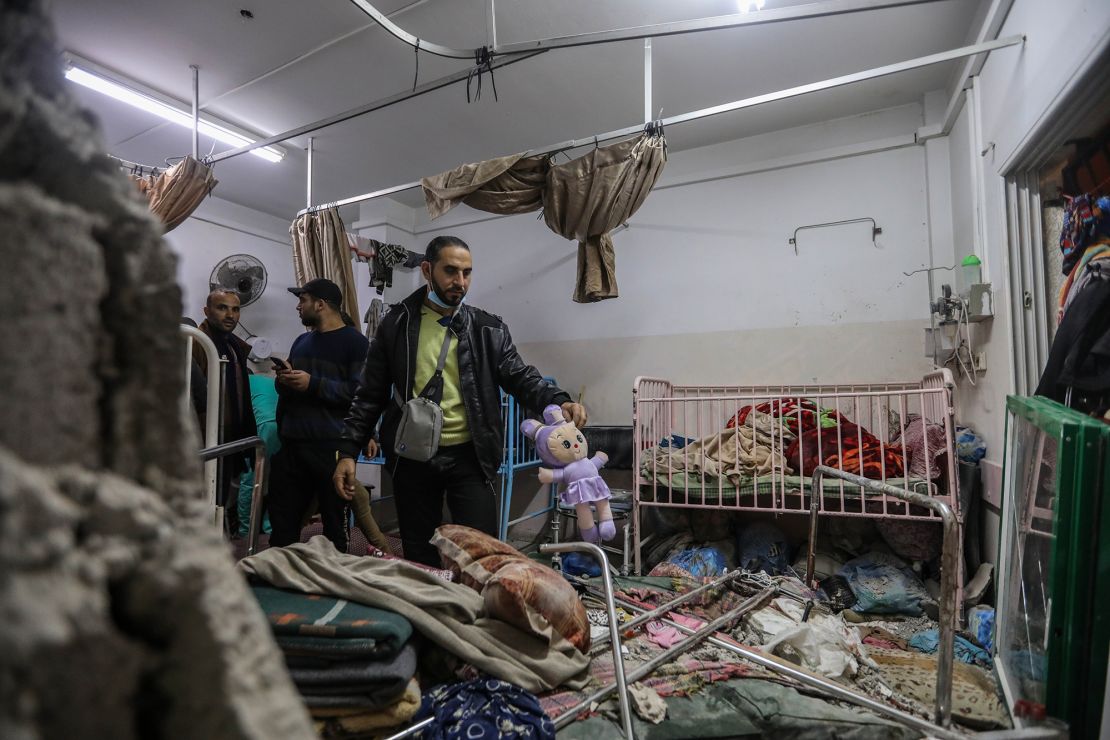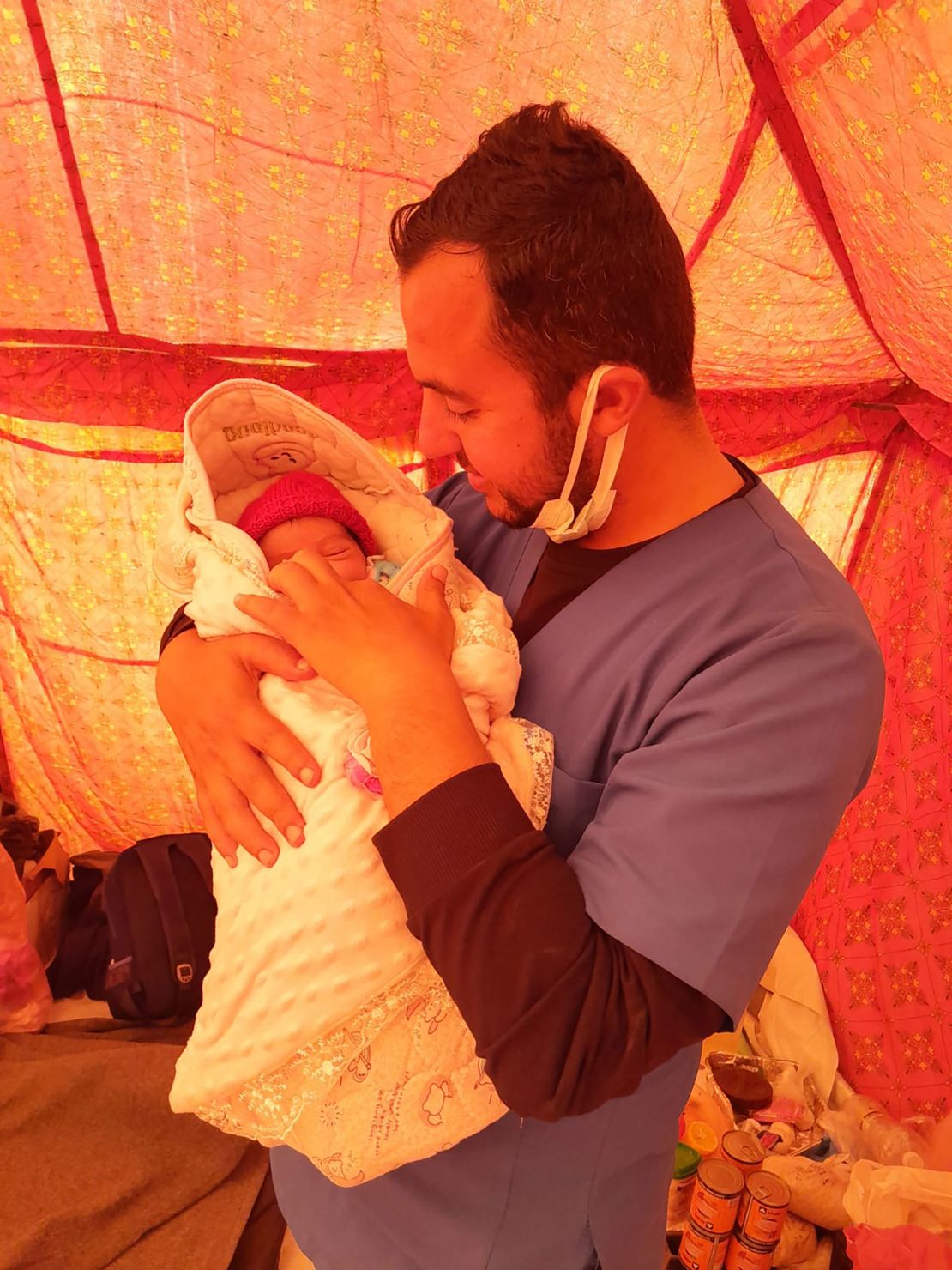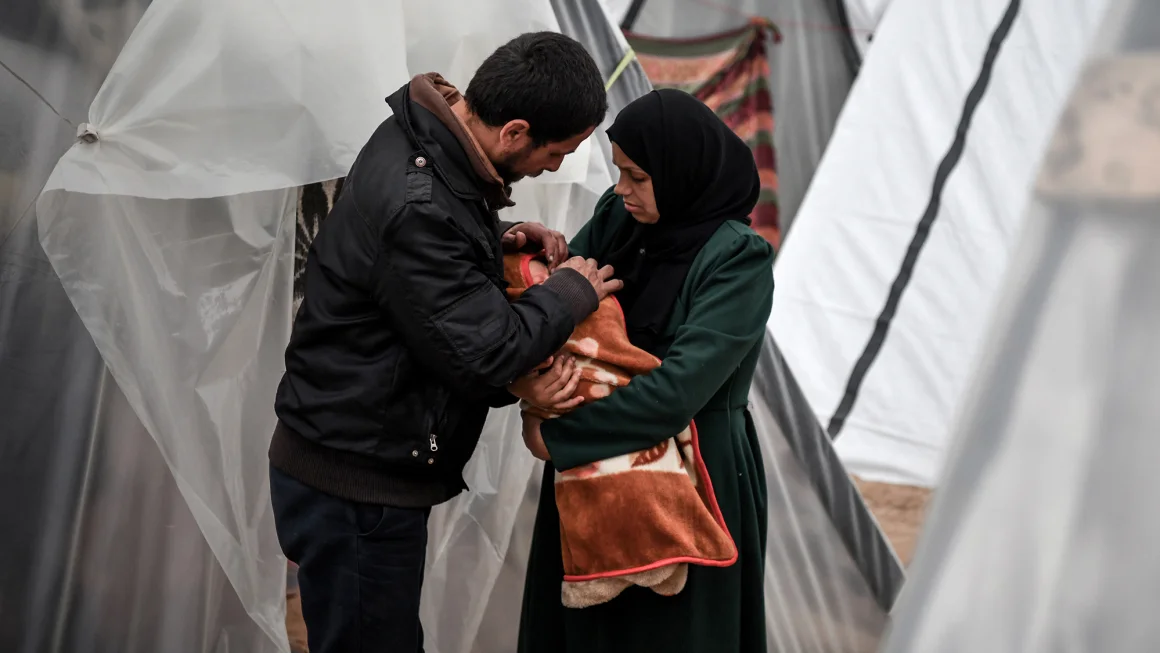Human Rights Watch (HRW) has raised grave concerns regarding the well-being of pregnant women and girls in Gaza, stating that Israel’s military actions have placed them in “serious and sometimes life-threatening danger” over the past 15 months of conflict. The advocacy group’s 50-page report, titled “‘Five Babies in One Incubator’: Violations of Pregnant Women’s Rights Amid Israel’s Assault on Gaza,” details a series of atrocities impacting the most vulnerable populations, including pregnant women, postpartum mothers, and newborn babies. These violations are directly tied to Israel’s ongoing bombardment of Gaza and the blockade that restricts vital resources, including food, water, electricity, and medical supplies.
The report documents numerous instances where attacks on medical facilities and healthcare workers have led to an increase in the risk of miscarriage, stillbirths, preterm births, postpartum hemorrhage, and underweight newborns. The humanitarian crisis is exacerbated by the ongoing destruction of Gaza’s healthcare infrastructure, which has made it difficult for expecting mothers to receive essential care. Despite the existence of hospitals and health centers, most of these institutions are overwhelmed with patients, forcing women to leave soon after childbirth, adding stress and danger to the already fragile situation.

In addition, HRW accuses Israel of enforcing an unlawful blockade that limits access to vital medical care and supplies, including antibiotics, which are essential to prevent infections like sepsis and pneumonia in newborns. The lack of proper medical attention has led to increased numbers of babies born with low birth weight, many of whom are dying due to perinatal asphyxia. Dr. Adnan Radi, a medic at Al Awda Hospital, expressed the heartbreak of watching newborns die due to insufficient medical care, highlighting that in recent months, he has witnessed more than six babies with low birth weight succumb to preventable causes.
Compounding these challenges is the deteriorating condition in Gaza’s displacement camps, where families are unable to find adequate food, clean water, or sanitation facilities. Pregnant women and new mothers face heightened risks of dehydration, malnutrition, and infections, which further jeopardize their health and the health of their babies. In many cases, caregivers are forced to feed infants formula made from contaminated water, increasing the chances of waterborne diseases and other health complications.
According to the report, the effects of war-induced stress, coupled with inadequate living conditions, have also taken a toll on women’s mental health, making it difficult to establish proper breastfeeding routines. The lack of privacy and sanitation facilities in crowded refugee camps further adds to the psychological strain on mothers, who are already coping with the physical and emotional challenges of pregnancy in a conflict zone.

Despite a fragile ceasefire being in place, the survival conditions for new and expecting mothers in Gaza remain dire, with over 48,000 pregnant women reported to be experiencing emergency or catastrophic food insecurity. The dire lack of resources has left many pregnant women without the essential care they need, further endangering their lives and those of their children. The UN’s reproductive rights agency reported that at least 56 children have starved to death, with another eight newborns having died from hypothermia.
HRW has called on Israel to ensure that all individuals in Gaza, particularly pregnant women, mothers, and babies, receive access to essential healthcare services. The report stresses that Israel is obligated under international law to provide for the well-being of all individuals in the region, including ensuring the full restoration of Gaza’s healthcare system.
Despite the ongoing struggle for survival, HRW’s report underscores the urgent need for international intervention to protect the most vulnerable in Gaza, especially those whose lives are threatened simply by the act of giving birth.



